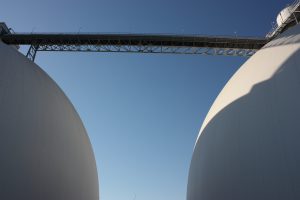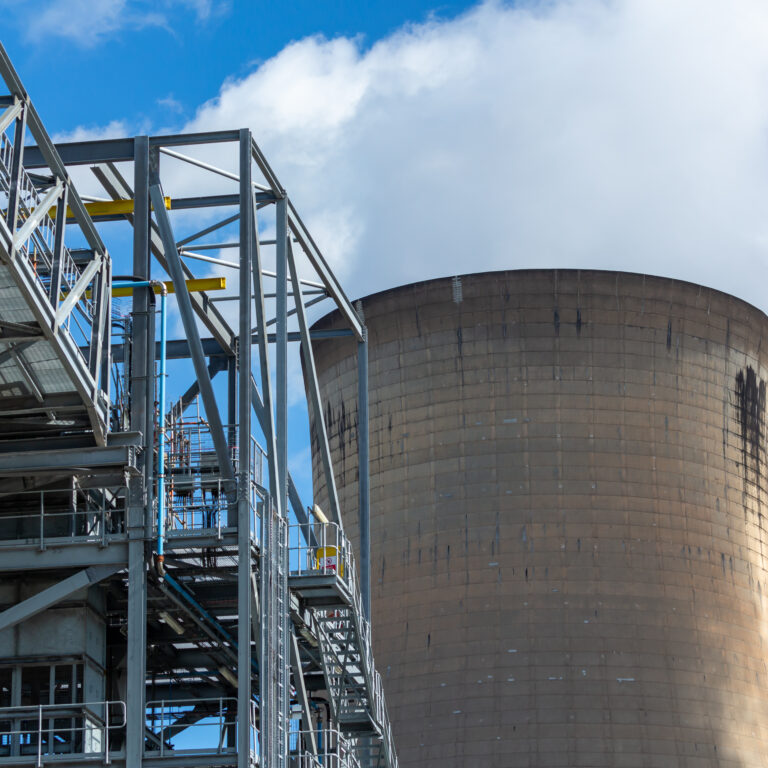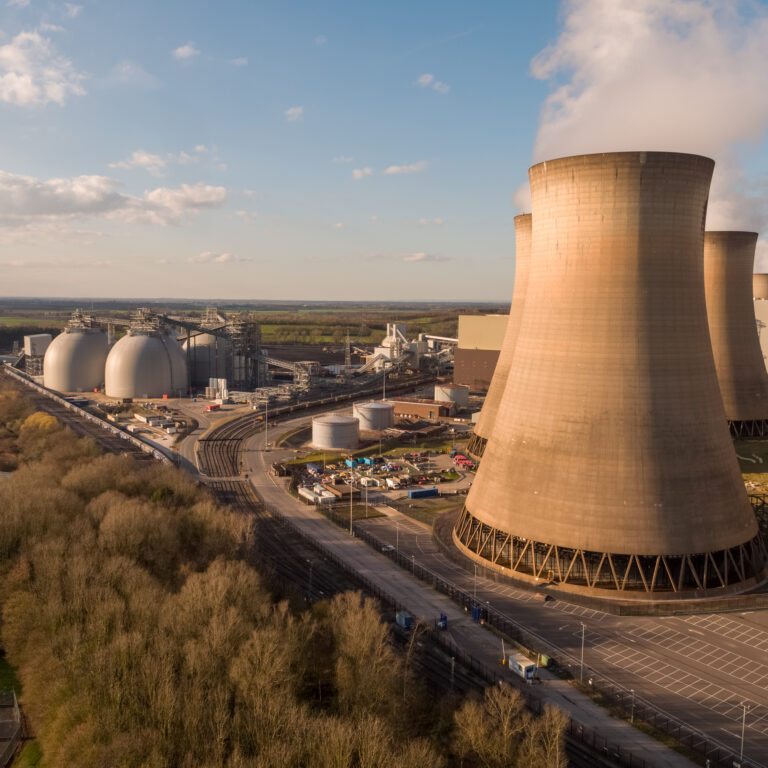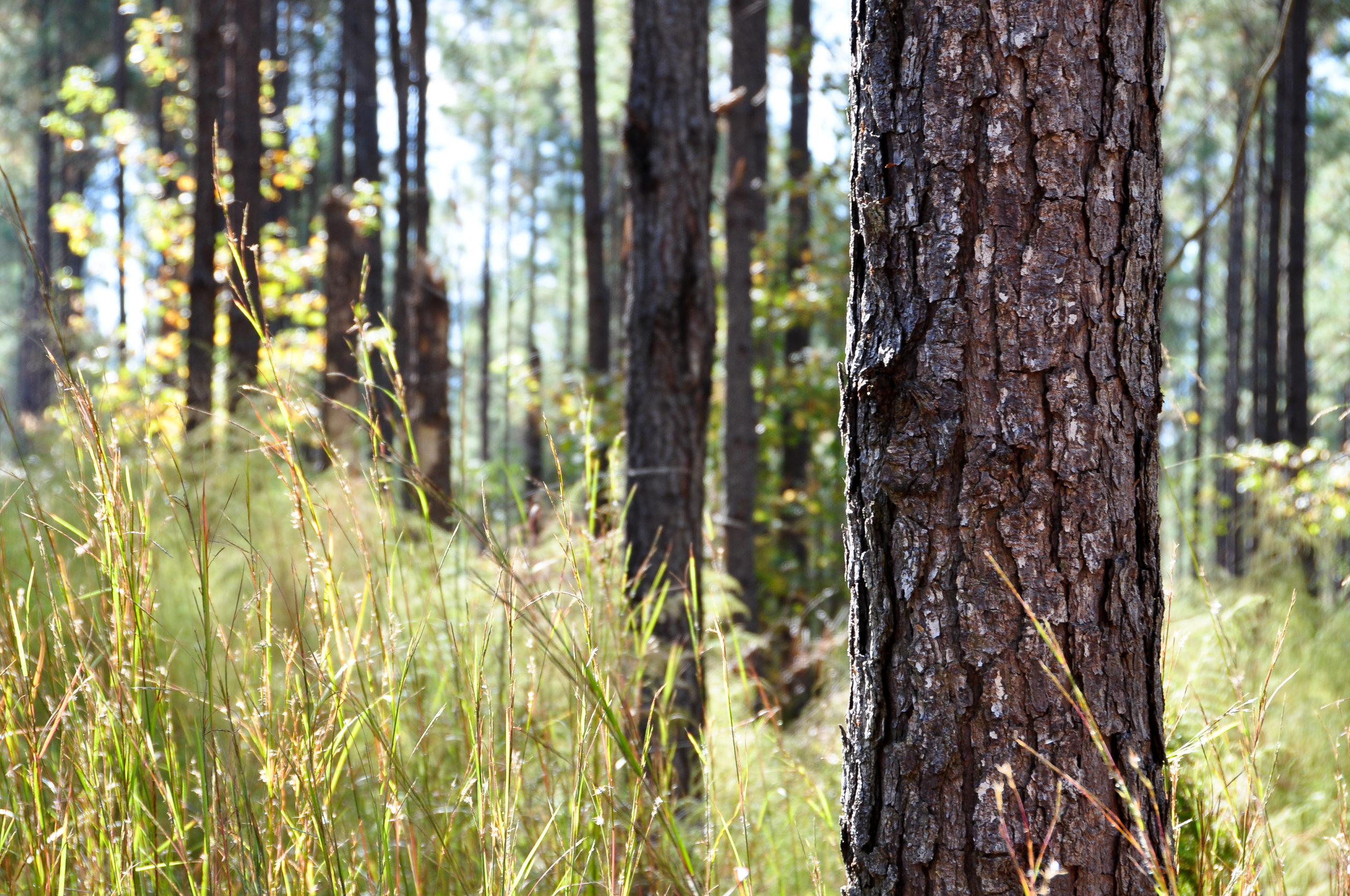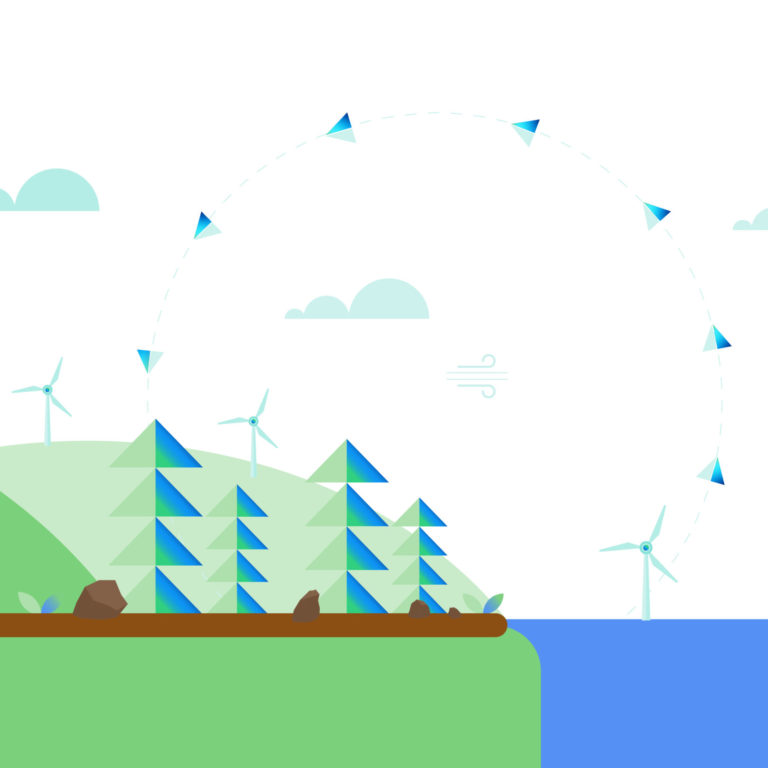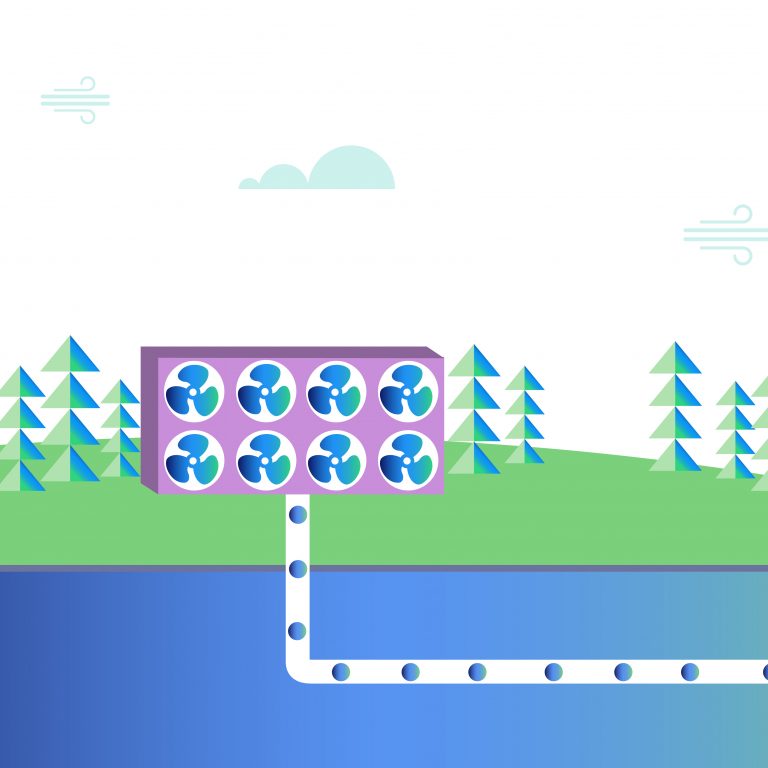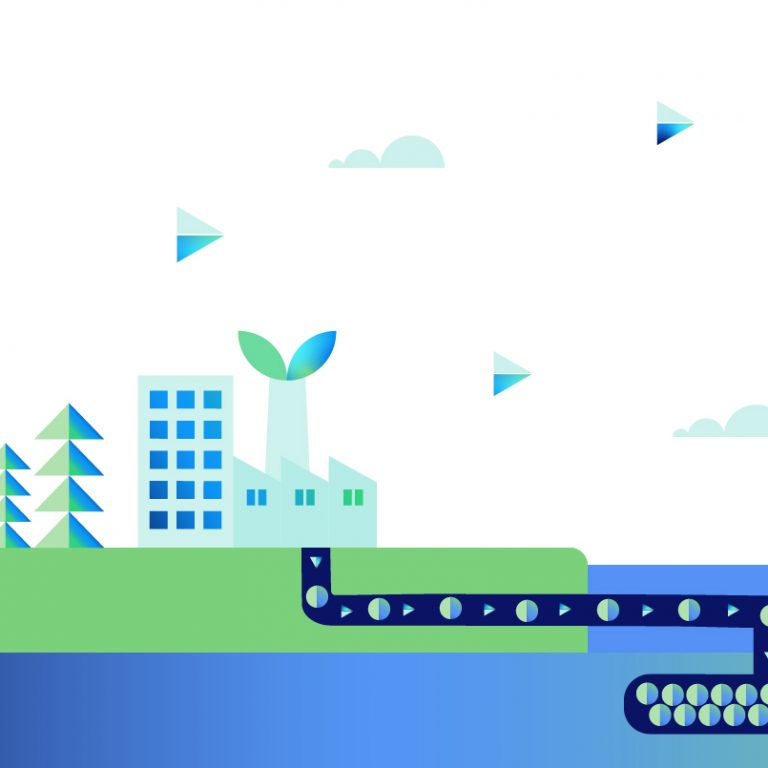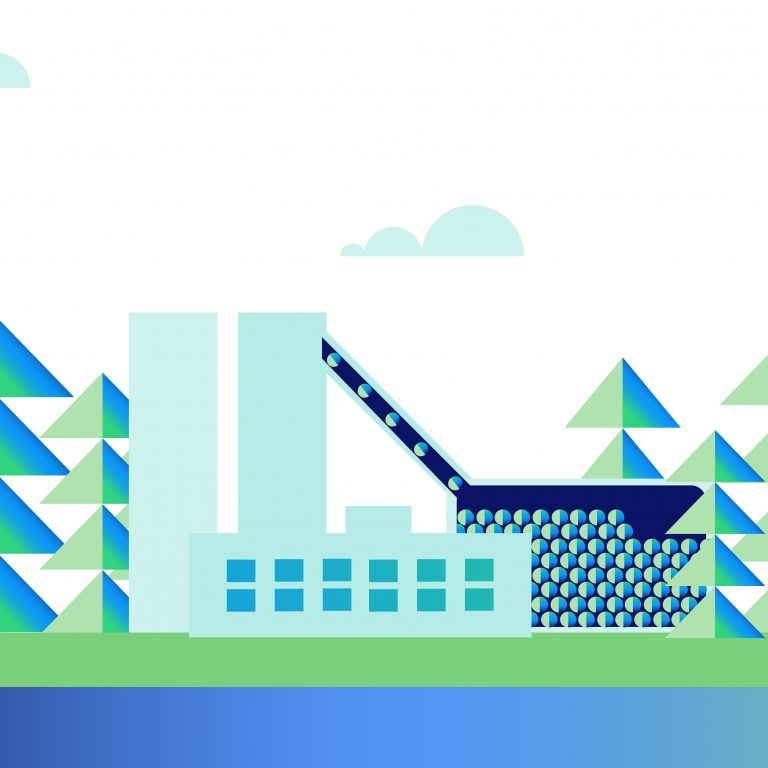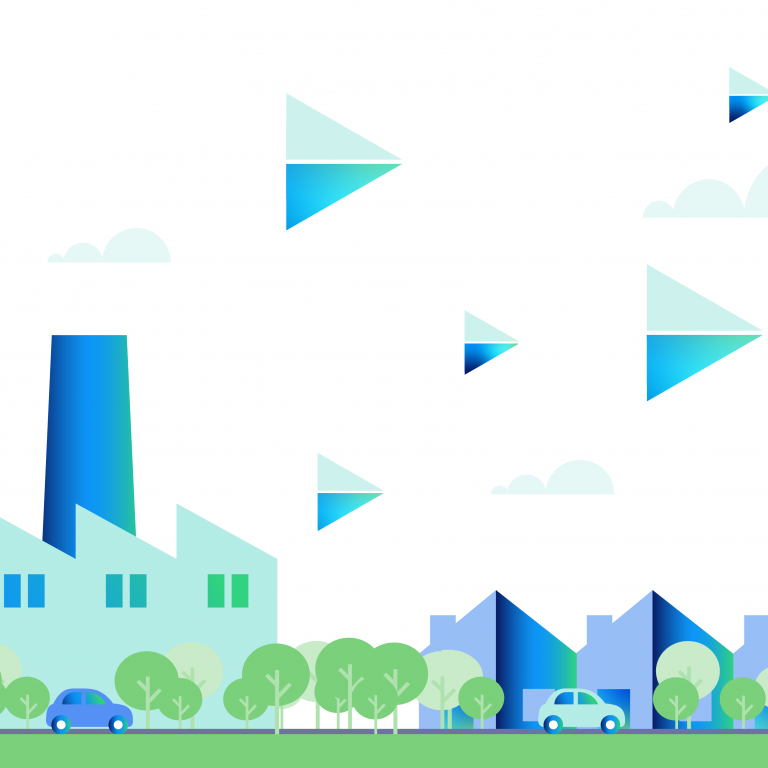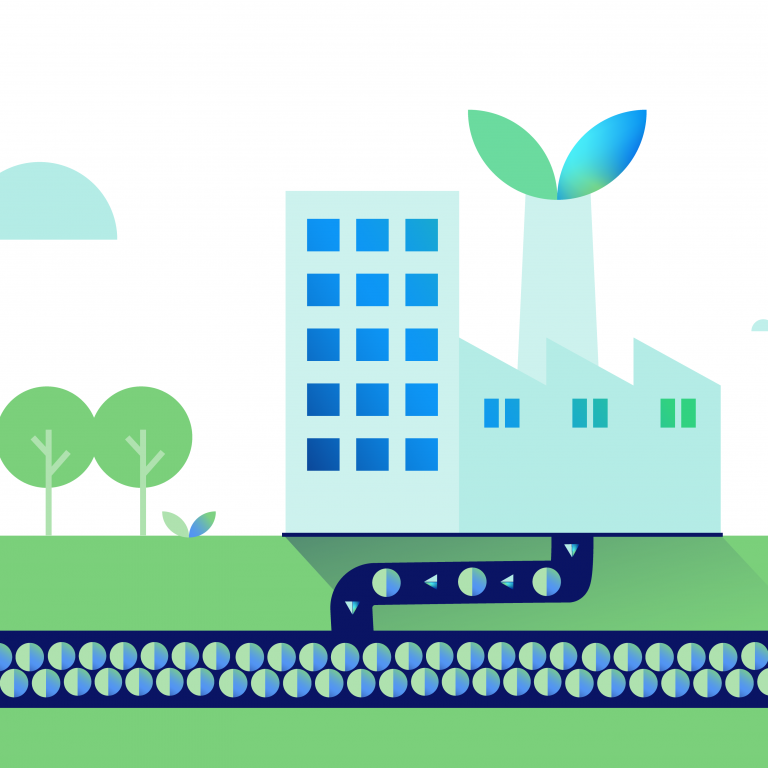What is climate change?
Climate change refers to the change in weather patterns and global temperature of the earth over long periods of time. In a modern context, climate change describes the rise of global temperatures that has been occurring since the Industrial Revolution in the 1800s.
What causes climate change?
While there have been natural fluctuations in the earth’s climate over previous millennia, scientists have found that current-day temperatures are rising quicker than ever due to the excessive amount of carbon dioxide (CO2) and other greenhouse gasses being released into the atmosphere.

An excess of CO2 in the atmosphere accentuates something called the ‘greenhouse effect’. As CO2 traps heat in the earth’s atmosphere, it warms the planet and causes a rise in average global temperature. International efforts, such as the Paris Climate Accords, are dedicated to ensuring temperatures do not rise 2 degrees Celsius above pre-industrial levels, which could lead to catastrophic conditions on the planet.
In the modern context, climate change describes the rise of global temperatures occurring since the Industrial Revolution in the 1800s.
How do humans contribute to climate change?
Industries such as transport, agriculture, energy and manufacturing have traditionally relied on the use of coal, oil and other fossil fuels. These fuels, when combusted or used, emit large amounts of CO2 into the atmosphere, further advancing the greenhouse effect and contributing to climate change.
Human reliance and consumption of these products mean today CO2 levels are the highest they’ve been in 800,000 years.
Why are rising temperatures harmful to the planet?
Our planet has a history of experiencing periods of extreme weather conditions – for example the last Ice Age, which finished 12,000 years ago. However, the rapid rise in temperatures seen today is harmful because a hotter planet completely affects our natural environment.
A steep rise in global temperature can melt ice sheets and cause higher sea levels which can, in turn, contribute to more extreme storms and even threaten entire islands and coastal communities. As the planet warms, extreme weather events, such as bushfires could become more common, which can destroy homes, impact agriculture and degrade air quality, while entire ecosystems, habitats and animal and insect species could also be threatened by climate change.
What can be done to mitigate the effects of climate change?
Reducing CO2 emissions is a key way of slowing down the pace of climate change. To do so, industries across the global economy must decarbonise to become less dependent on fossil fuels, such as coal and petrol, and adopt new lower carbon energy sources.
Decarbonisation will rely on a number of factors, including a technological response that sees the development and implementation of carbon neutral and carbon negative ways of creating heat, electricity and fuels, including the use of innovations such as carbon capture and storage (CCS).
There is also a need for a policy and governmental response that promotes investment in new cleaner technologies and disincentivises dirtier industries through mechanisms like the carbon tax. Countries and economies will need to work collaboratively to achieve common, climate-oriented goals that will also enable smaller scale action to be taken by individuals around the world.
Go deeper
- Five learnings from the International Panel on Climate Change report
- Climate change is the biggest challenge of our time
- Our climate future is actually our climate present
- Ten times more energy storage is needed to help Britain reach its net zero carbon target
- A year in the life of CO2, explained
- How quickly will these countries reach their climate targets?




